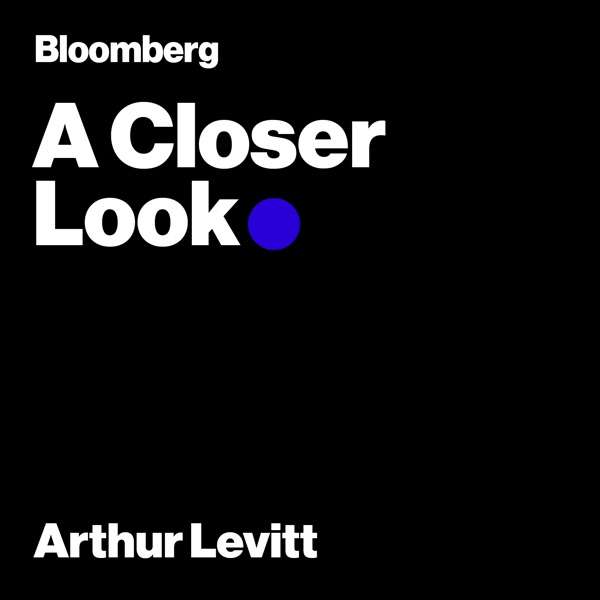Join The New Yorker’s writers and editors for reporting, insight, and analysis of the most pressing political issues of our time. On Mondays, David Remnick, the editor of The New Yorker, presents conversations and feature stories about current events. On Wednesdays, the senior editor Tyler Foggatt goes deep on a consequential political story via far-reaching interviews with staff writers and outside experts. And, on Fridays, the staff writers Susan B. Glasser, Jane Mayer, and Evan Osnos discuss the latest developments in Washington and beyond, offering an encompassing understanding of this moment in American politics.
- Home
- Top Charts
- Top Networks
- Top Apps
- Top Independents
- Top Podfluencers
- Top Picks
- Top Business Podcasts
- Top True Crime Podcasts
- Top Finance Podcasts
- Top Comedy Podcasts
- Top Music Podcasts
- Top Womens Podcasts
- Top Kids Podcasts
- Top Sports Podcasts
- Top News Podcasts
- Top Tech Podcasts
- Top Crypto Podcasts
- Top Entrepreneurial Podcasts
- Top Fantasy Sports Podcasts
- Top Political Podcasts
- Top Science Podcasts
- Top Self Help Podcasts
- Top Sports Betting Podcasts
- Top Stocks Podcasts
- Podcast News
- About Us
- Podcast Advertising
- Contact

 Our TOPPODCAST Picks
Our TOPPODCAST Picks  Stay Connected
Stay Connected







